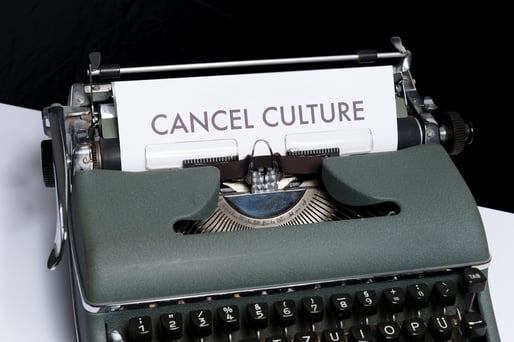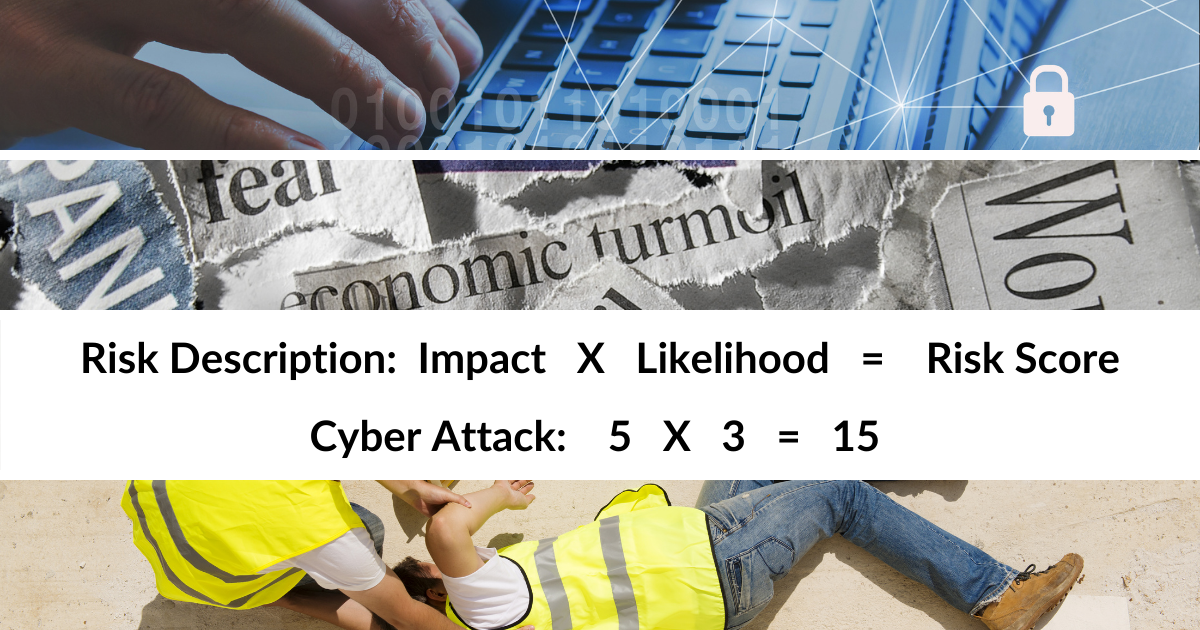Cancelled: What it is and What You Need to Know

In the past few weeks there has been an astonishing number of brands, personalities and products that have suffered calls to be ‘cancelled’, for reasons as diverse as political affiliation, lack of support for social issues, employment practices, links with China and environmental sins.
The old word for being ‘cancelled’ was boycott. The tactic is as old as the hills as a way for consumers and activist groups to punish a company or product that they feel has stepped out of line.
We have visited the topic in this blog on a number of occasions, such as when people appeared on YouTube to burn Nike shoes, but then sales increased. And right back to 2017 when a Trump tweet was a new and dangerous threat for a brand.
What is different now is the language and variety of the calls to ‘cancel’ a person (celebrity or not), brand or organization.
There is a theory that the phrase “cancel culture” was created as a joke back in 2014. Richard Brito of CBS News has suggested that it first appeared in the VH1 reality show Love and Hip-Hop: New York when a cast member told his girlfriend she was “cancelled” and then the phrase took on a life of its own among black Twitter users.
There is one difference between the new concept of being ‘cancelled’ and the older idea of a boycott. The elements of a boycott, do not buy stuff from the accused, are there but it also embraces silencing brands, products, celebrities or ordinary people caught behaving ‘badly’.
Hence you have the astonishing list of recent attempts to ‘cancel’ someone or something, including Disney’s live action remake of Mulan.
In a recent survey, 38% of people said they are currently boycotting something.
One of the highest profile recent examples is Goya Foods which was targeted by activists after the CEO Robert Unanue attended a White House event and praised President Trump. The boycott was quickly followed by ‘buycott’ by Trump supporters pledging to buy the brand’s products.
If you are struggling to keep track of all the brands being boycotted and why, ethicalconsumer.org handily maintains a long list of organizations that have been accused of everything from human rights violations to not paying their fair share of tax.
Large companies and famous brands even got an opportunity to join a boycott and cancel another organization. In the early summer, a significant list of advertisers pulled their presence from Facebook as part of a protest about what they saw as the social media site’s failure to control the spread of hate. In September, that spread to Instagram when celebrities froze their accounts for 24 hours.
For those of us managing issues and risks for our organizations, all of this begs the questions about whether these ‘cancellations’ work and what you should do if your company becomes the target.
The evidence is that very few brands suffer serious loss of sales. There are just too many calls for too many boycotts and each one pushes the previous one off the agenda. Very few people actively participate in a boycott.
Even the Facebook boycott, which at one time had more than 1,000 participants, was not considered to have made much of a dent in the site’s revenue.
Which leaves our other question – what should you do if your organization becomes the target of a ‘cancellation’? The marketing newsletter, The Drum, asked that question of crisis experts in September.
With so many boycotts, it is tempting to do nothing in the belief that the spotlight will quickly move onto some other brand. However, an uprising on social media is hard to ignore and will leave a lingering negative legacy for your product.
Experts who The Drum consulted suggested the classic crisis management approach of apologizing (assuming you did something wrong that was out of step with your brand’s values), act quickly to get ahead of the story and learn from the mistake. This includes taking responsibility, over-communicating and not treating your consumers as stupid with implausible explanations.
The added element to the traditional crisis management approach is that nowadays the event unfolds on social media. Just another reminder that your issues management team must be well represented by members who are experts in digital and social media.
Learn how hundreds of organizations large and small are using our award-winning crisis management platform, In Case of Crisis, to better prepare for and respond faster to emerging threats.









